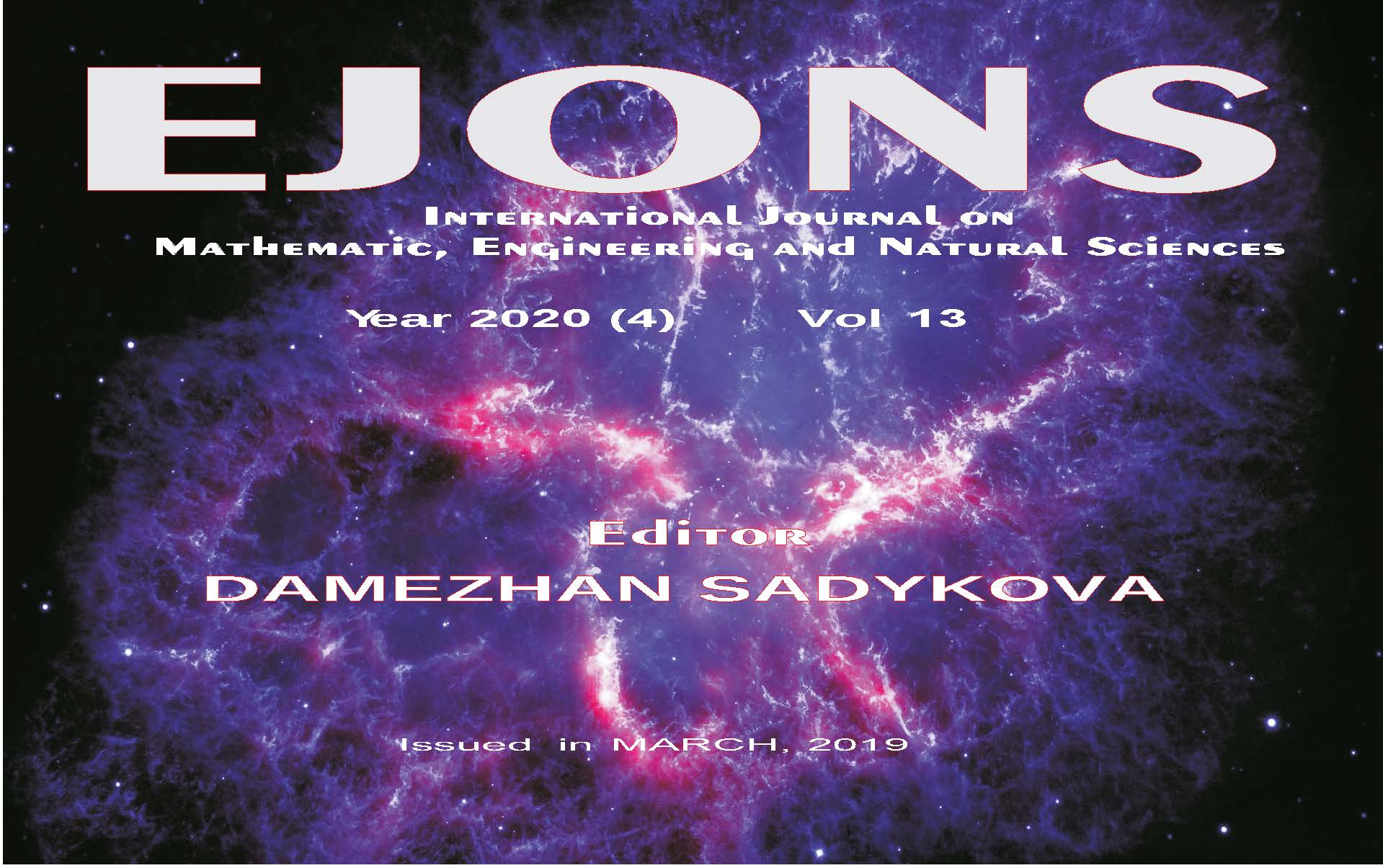EVALUATION OF CARDIOVASCULAR INVOLVEMENT in THE CHILDREN WITH LYSOSOMAL STORAGE DISEASE
Keywords:
lizozomal depo hastalığı, mukopolisakkaridoz, kardiovaskuler tutulum, Gaucher hastalığıAbstract
Background / Purpose: The metabolite accumulation and anotomic and functional disorders occur such as the cardiac valves and veins in the lisososmal storage diseases. Cardiovascular involvement often accompanies storage diseases. The common cardiac findings in children with mucopolysaccharidosis Type 1 are thickening of the mitral valve and accompanying prolapse, insufficiency and less frequently stenosis. On the contrary, cardiac involvement is very rare in Gaucher disease, while aortic valve and coronary anomalies are common in the Morquio Syndrome. In this study, it was aimed to investigate the cardiovascular abnormalities and associated disorders in children with storage diseases. Material and Method: The study included 35 cases who were followed up in Gaziantep University, at Department of Pediatric Endocrinology and Metabolism between 2007-2016. The patients were evaluated in terms of clinical findings and cardiac echocardiography findings. Seven (%20) of the cases were Mucopolysaccharidosis (MPS) Type 1 (Hurler Syndrome), 16 (%45.7) MPS IV (Morquio Syndrome) and 12 (%34.3) Gaucher patients. Results: Of the cases, 17 (%48.5) and 18 (%51.5) were male and female. The average age was 7.57 ± 3.23. Mean of diagnosis age was 4.44 ± 2.13. Except for a newly diagnosed patient with MPS type VI, all of them had mitral and aortic valve involvement, one patient also had tricuspid insufficiency, and 3 patients had mitral valve prolapse. Atherosclerotic changes were detected in two patients with Gaucher Disease. The common atherosclerotic changes were detected in one patient in the aorta. (Porcelain aorta) Moreover, cardiac complaints were the first complaint. The patient died after 7 months. Atherosclerotic changes were mild in the second patient. Cardiac abnormalities were detected in 9 (%56.2) of children with Morquio Syndrome. 5 of them had mitral insufficiency in 4 of the aorta. The most common findings except cardiovascular disease were osteoporosis (mean DEXA Zskoru; -3.78 ± 1.21) and eye anomalies (n=22;). No correlation was found between cardiac involvement and other findings. Conclusion: This study reveals that the serious cardiac anomalies is common in lysosomal storage disease. Even if pediatric patients with lysosomal storage disease had no cardiovascular complaints, echocardiography should be a part of their follow-up, routinely.
Downloads
Published
How to Cite
Issue
Section
License

This work is licensed under a Creative Commons Attribution-NonCommercial 4.0 International License.


